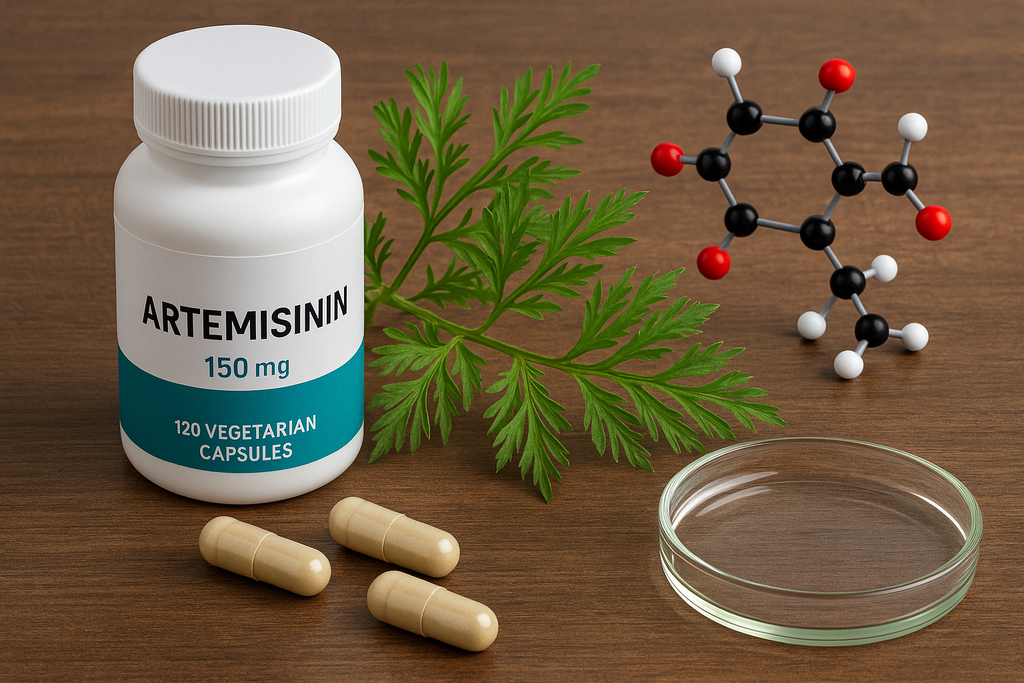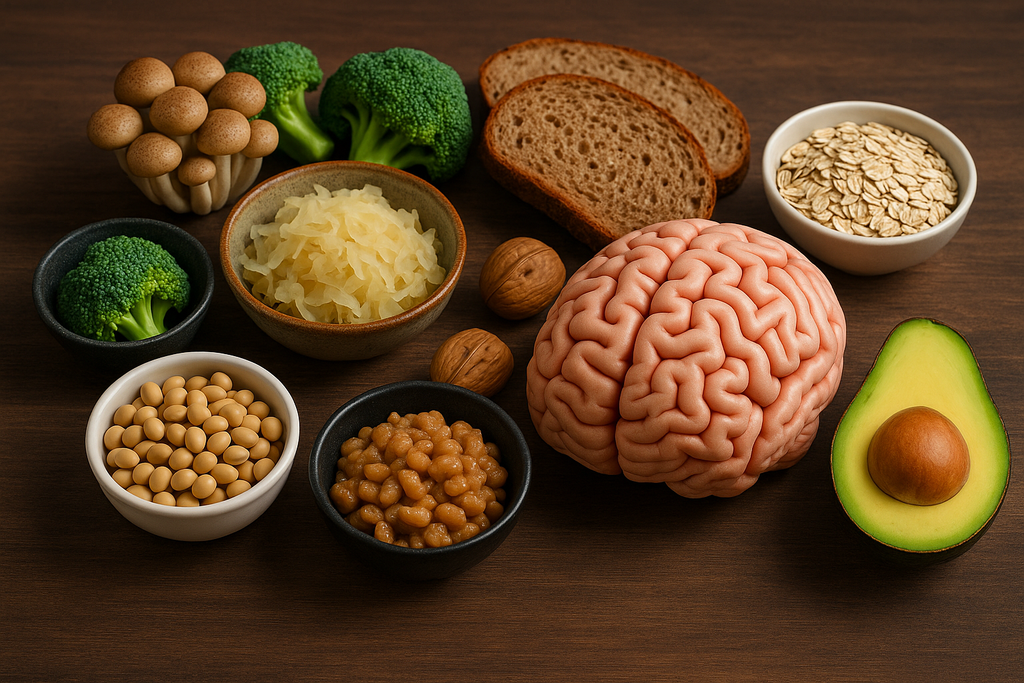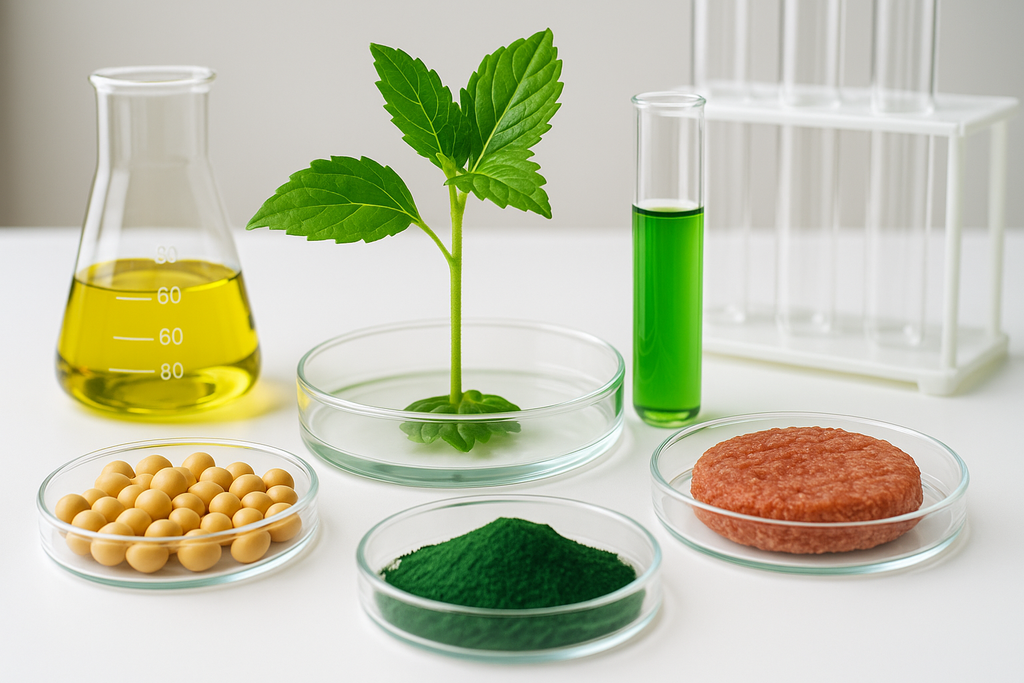News
Blue Zones Lifestyle Hacks: Lessons from the World’s Longest-Living People
aging gracefully anti-aging diet Blue Zone diet blue zones centenarian secrets community wellness healthy aging healthy lifestyle tips how to live longer lifestyle habits longevity hacks mindful eating natural health natural movement Okinawa diet plant-based lifestyle purpose-driven life Sardinia longevity stress reduction wellness longevity
Imagine waking up every day full of energy, living into your 90s or even beyond 100—without chronic disease, daily medications, or dependence on others. This isn't fiction; it's real life in the "Blue Zones," five regions around the world where people live significantly longer and healthier lives than the global average. These areas include Okinawa (Japan), Sardinia (Italy), Nicoya (Costa Rica), Icaria (Greece), and Loma Linda (California, USA).
What do these long-lived populations have in common? Surprisingly, it's not high-tech medicine or strict fitness routines. Instead, their secrets lie in the simple, often overlooked aspects of daily life: natural movement, social connection, whole foods, and a strong sense of purpose. In this article, we’ll explore the core habits and practical hacks inspired by the Blue Zones lifestyle—so you can add not just years to your life, but life to your years.
Can Ketone Esters Improve Endurance and Cognitive Resilience?
athletic recovery beta-hydroxybutyrate biohacking brain clarity brain fuel cognitive enhancement endurance supplements energy boosters exogenous ketones ketogenic performance ketone benefits ketone drinks ketone esters ketone vs glucose ketosis without diet mental resilience military supplements neuroprotection performance nutrition sports science
In the search for peak performance and brain optimization, a new class of supplements is making waves: ketone esters. Once reserved for elite athletes and military operatives, these powerful molecules are now being explored for their potential to boost both physical endurance and mental clarity. But can a shot of synthetic ketones really push the boundaries of human resilience?
Ketone esters are a form of exogenous ketones—compounds that elevate blood ketone levels without requiring a ketogenic diet. By mimicking the body’s natural state of ketosis, they provide an alternative fuel source for the brain and muscles, potentially enhancing energy efficiency, cognitive function, and fatigue resistance. This article dives deep into the science behind ketone esters and explores whether they live up to the hype as next-gen performance enhancers.
The Science of Artemisinin: How This Plant Compound Fights Disease
antiviral herbs artemether artemisia annua artemisinin artemisinin benefits artemisinin derivatives artemisinin supplement artesunate bioactive compounds cancer therapy artemisinin herbal antivirals herbal extraction herbal medicine immune support malaria treatment natural anti-inflammatory natural cancer treatments plant medicine sweet wormwood Tu Youyou
Modern medicine often turns to nature for answers, and few stories are as compelling as that of artemisinin. Derived from the sweet wormwood plant (Artemisia annua), this natural compound has revolutionized the treatment of diseases like malaria and is now being studied for its role in combating cancer and viral infections. Its discovery was so groundbreaking that it earned Chinese scientist Tu Youyou the Nobel Prize in Physiology or Medicine in 2015.
But artemisinin's story doesn’t end with malaria. Its unique biochemical structure enables it to attack disease-causing agents in ways that few other compounds can. This article takes a deep dive into the science behind artemisinin, its origins, how it works, its wide-ranging medical uses, and what the future holds for this powerful phytochemical. Whether you're a health enthusiast, medical professional, or simply curious, understanding artemisinin is a step into the fascinating world of plant-based therapeutics.
Foods That Prevent Cognitive Decline: Why Polyamines Are the Missing Link
Alzheimer's prevention anti-aging foods autophagy brain detox brain food cognitive health dementia diet fermented foods gut-brain connection healthy aging memory loss prevention mental clarity foods natural nootropics neuroprotection nutritional neuroscience plant-based brain foods polyamines spermidine spermidine supplements spermine
As the global population ages, cognitive health is becoming an increasingly important topic. From Alzheimer’s disease to age-related memory loss, the quest for preventive strategies has intensified—and diet plays a crucial role. Among the many nutrients and compounds linked to brain health, a class of naturally occurring compounds called polyamines has recently gained attention for their potential to slow or even prevent cognitive decline.
Polyamines, such as spermidine and spermine, are found in various foods and play a vital role in cellular growth, gene expression, and neuroprotection. Emerging research shows that polyamines may support cognitive longevity by enhancing autophagy (the body’s natural cell-cleaning process), reducing inflammation, and protecting neurons from degeneration. In this article, we explore the science behind polyamines and identify the top foods that can help preserve brain health as we age.
Lab-Grown Nutrients: The Future of Sustainable Superfoods
bioidentical vitamins biotechnology in food cell-based nutrients clean label supplements cultured proteins eco-friendly supplements ethical nutrition fermentation vitamins food sustainability food tech future of food lab-grown minerals lab-grown nutrients lab-grown vitamins nutrient bioavailability personalized nutrition precision nutrition sustainable superfoods synthetic nutrition vegan vitamins
In an age of climate change, food insecurity, and population growth, scientists and innovators are looking to laboratories—not just farms—for the next generation of nutrition. Enter lab-grown nutrients: bioidentical vitamins, minerals, proteins, and phytonutrients produced through advanced biotechnology, fermentation, and cellular agriculture. These lab-grown compounds are gaining attention not only for their purity and consistency but also for their promise in building a more sustainable and resilient food system.
Lab-grown nutrients represent a seismic shift in how we think about food and supplements. Instead of extracting nutrients from soil-depleted crops or overharvested plants, we can now produce them precisely and efficiently in controlled environments. Whether it's lab-grown vitamin B12, algae-based omega-3s, or cultured antioxidant compounds, these innovations have the potential to feed the planet, fortify diets, and reduce environmental impact—all while delivering potent health benefits.





